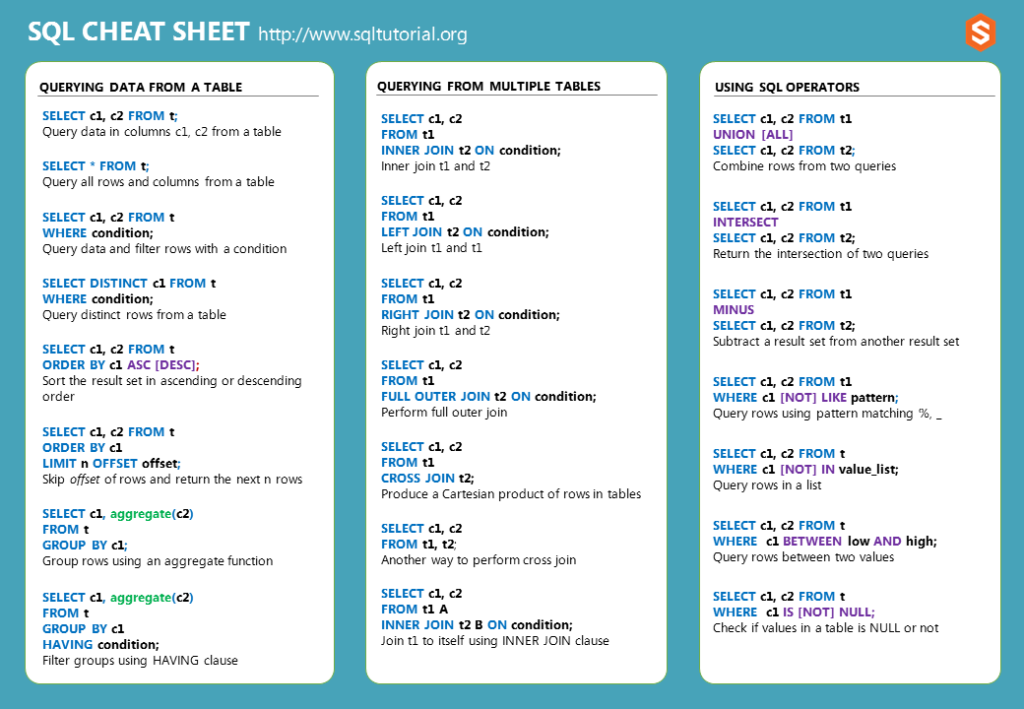Feeling overwhelmed by the number of programming languages and what ones to focus on? Here are the top five you should be learning.
There are dozens of programming languages available in the world today. Due to sheer volume, pinning down the most popular ones can be difficult.
You have to consider all of the different disciplines that require programming.
You have game development, software, apps, websites, and so many other categories that require specific programming languages that offer different possibilities.
So, according to usage and programming experts, which ones are the most popular?
1. Everybody Knows of it by now: Javascript
It feels disingenuous to lump in JavaScript with something like Python. After all, JavaScript functions as a front-end or client-facing language. However, pretty much every single thing on the Internet has to use JavaScript.
And no, it isn’t related to Java in any way, shape, or form.
It originated as a web-scripting language, so now, JavaScript enables developers to construct interactive website elements. That makes it useful for everything from IoT devices to node.js backend servers.
Naturally, jobs requiring JavaScript knowledge will be web-related. You might see titles like “web developers”, “front-end developer”, or “full-stack developer” associated with it.
As such, 62.5% of those surveyed by StackOverflow in 2017 named JavaScript as their most used coding language.
You can even find a tutorial on JavaScript for free offered by Mozilla.
2. No one Will Ever be Able to Quit it: PHP
PHP goes hand in hand with most of the websites everyone uses on a daily basis.
Everything from Google to Amazon to WordPress uses PHP elements. Of course, they often do so in tandem with other programming languages like Python, Java, C++, etc.
Fun fact about WordPress though: the back-end is entirely PHP.
Given the multi-disciplinary nature of web development and programming, it pays to know “basic” languages like PHP. They are so ubiquitous that you probably just learn things passively anyway.
One of the reasons for its ubiquity relates to the fact that PHP works for apps and websites heavy on data use. That’s why both WordPress and Facebook rely on it.
Jeff Atwood, StackOverflow founder, said in 2008 that PHP is more of a “random collection of arbitrary stuff” than a language. Of course, calling it a “virtual explosion at the keyword and function factory” isn’t far from the truth — even today.
Wikipedia defines it as a “general-purpose scripting language” suited best for server-side web development. Executing PHP code with PHP runtime allows for dynamic web page content and images on websites and elsewhere.
But that same StackOverflow survey from 2017 only had around 27% of programmers using PHP. Perhaps, in a few years, PHP will no longer be as prevalent as it is today.

3. It’s Better Than the First Movie: SQL
Most commonly pronounced as “Sequel”, the Structured Query Language enables coders to handle large data amounts using databases. They can access and manage the data usually in conjunction with another language (such as PHP).
Basically, SQL replaces older read/write APIs such as ISAM and VSAM. SQL can access a bunch of records with just one command and it eliminated the necessity of specifying how to reach one of those records without or with an index of some kind.
Due strictly to the functions it performs, SQL ranked second only to Javascript in StackOverflow’s programming language popularity survey at 50.8%. But SQL is also around 43 years old and remains one of the most popular languages to date.
However, SQL doesn’t scale infinitely, so alternatives for larger databases emerged.

4. You can Take it on a Plane: Python
Machine learning implementation really propelled Python into the coding stratosphere.
Due to its versatility, you’ll find Python in many coding endeavors such as:
- BitTorrent – we all know what this is
- Dropbox – we all also probably know what Dropbox is
- Django – the MVT (model, view, template) web framework
- Google App Engine – a self-explanatory title
- Mathics – the open-source Mathematica programming language implementation
- OpenStack – the cloud computing IaaS platform
- Civilization IV – of Sid Meier fame
- World of Tanks – the popular free-to-play game
- EVE Online – big spaceships in space and also, a digital gambling den?
- Cheetah – a code-generation tool and Python-powered template engine
NASA, YouTube, and Instagram all also use Python in some capacity, as well.
The code is also fairly easy to digest and understand. It supports multiple programming paradigms with its diverse range of software libraries. You can just drop them into code, allowing for easier scaling and integration.
If you want a tutorial to start learning Python, get started here. But you can also pursue alternatives such as Ruby for DevOps if you want to do so.

5. What we all Need a cup of Every day: Java
Originally developed by Sun Microsystems in 1991, Java worked primarily for interactive television systems. Oracle purchased Sun Microsystems, transitioning Java into the prolific powerhouse programming language it is today.
You can find Java developers most commonly on Android apps, but 90% of Fortune 500 companies rely on it quite a bit. That makes sense given that some coined this phrase about the language: “write once, run anywhere.” This happened because of the Java Virtual Machine that enables cross-platform compatibility.
Fun fact: Java is on release 10, but most people still use version 8. It came in with 38.3% of programmers surveyed by StackOverflow in terms of use popularity. But Facebook, Google, Amazon, Twitter, eBay, LinkedIn, and more all use Java.
If you want to get started on learning Java, check out this subreddit. You can get started pretty easily with many resources to use.
Honorable Mentions
This list excludes some other very popular languages like Ruby, C++, Typescript, C#, Rust, Scala, and rising star Swift. But that’s what the honorable mentions section of any awards-type thing is for, right?
I’m also going to throw HTML and CSS in here because, though they are both formatting languages, they still feature prominently in so much of the computing realm. And isn’t it nice to know that all those hours wasted on Myspace and Xanga paid off?



















Go and Watch the Latest Episode of Kurulus Osman Season 3 in Urdu. Only on our youtube channel.
a href=https://www.youtube.com/watch?v=ladfFhUCiOc
osman season 3 hindi /a